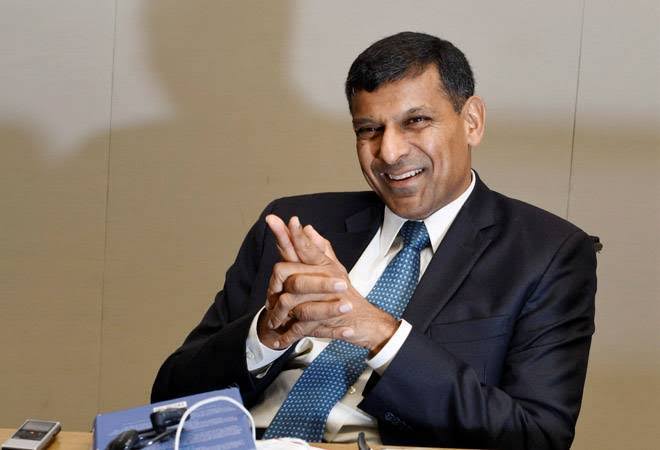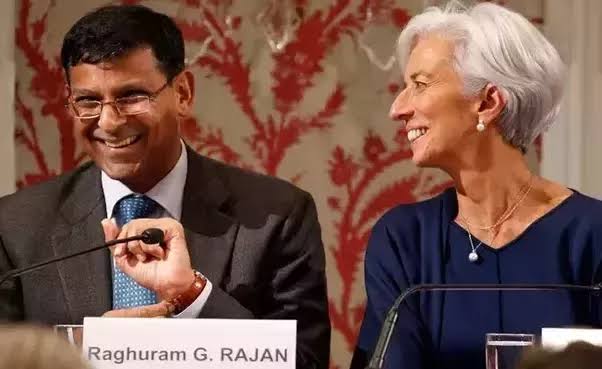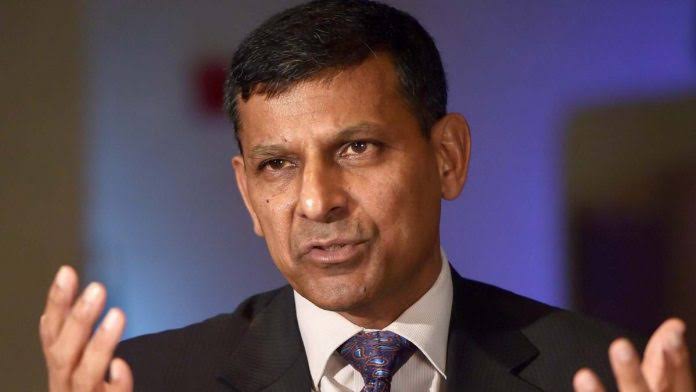Raghuram Rajan – “Indian economy is like the ‘One-Eyed’ king in the land of the blind.”: Birthday Special

The world’s finest economy expert was born on 3rd February 1963 in Bhopal, Madhya Pradesh into a Tamil Brahmin family.
From 1974 to 1981 Rajan attended Delhi Public School, RK Puram, In 1981 he enrolled at the Indian Institute of Technology (IIT), Delhi for a bachelor’s degree in electrical engineering. In the final year of his four-year degree, he headed the Student Affairs Council. He graduated in 1985 and was awarded the Director’s Gold Medal as the best all-round student. In 1987, he earned a Master of Business Administration from the Indian Institute of Management Ahmedabad, graduating with a gold medal for academic performance. In 1991, he received a Ph.D. for his thesis titled Essays on Banking under the supervision of Stewart Myers, consisting of three essays on the nature of the relationship between a firm or a country, and its creditor banks.

Post after his Ph.D. he was appointed as Distinguished Service Professor of Finance at the University of Chicago Booth School of Business. Between 2003 and 2006 he was Chief Economist and Director of Research at the International Monetary Fund. From September 2013 through September 2016 he was the 23rd Governor of the Reserve Bank of India; in 2015, during his tenure at the Indian Reserve Bank, he became the Vice-Chairman of the Bank for International Settlements.
At the Federal Reserve annual Jackson Hole conference in 2005, Rajan warned about the growing risks in the financial system and proposed policies that would reduce such risks. Former U.S. Treasury Secretary Lawrence Summers called the warnings “misguided” and Rajan himself a “Luddite”. However, following the Financial crisis of 2007-2008, Rajan’s views came to be seen as prescient and he was extensively interviewed for the Academy Award-winning documentary Inside Job (2010).

In 2003, Rajan received the inaugural Fischer Black Prize, given every two years by the American Finance Association to the financial economist younger than 40 who has made the most significant contribution to the theory and practice of finance. His book, Fault Lines: How Hidden Fractures Still Threaten the World Economy, won the Financial Times/Goldman Sachs Business Book of the Year award in 2010. In 2016, he was named by Time in its list of the ‘100 Most Influential People in the World’.
